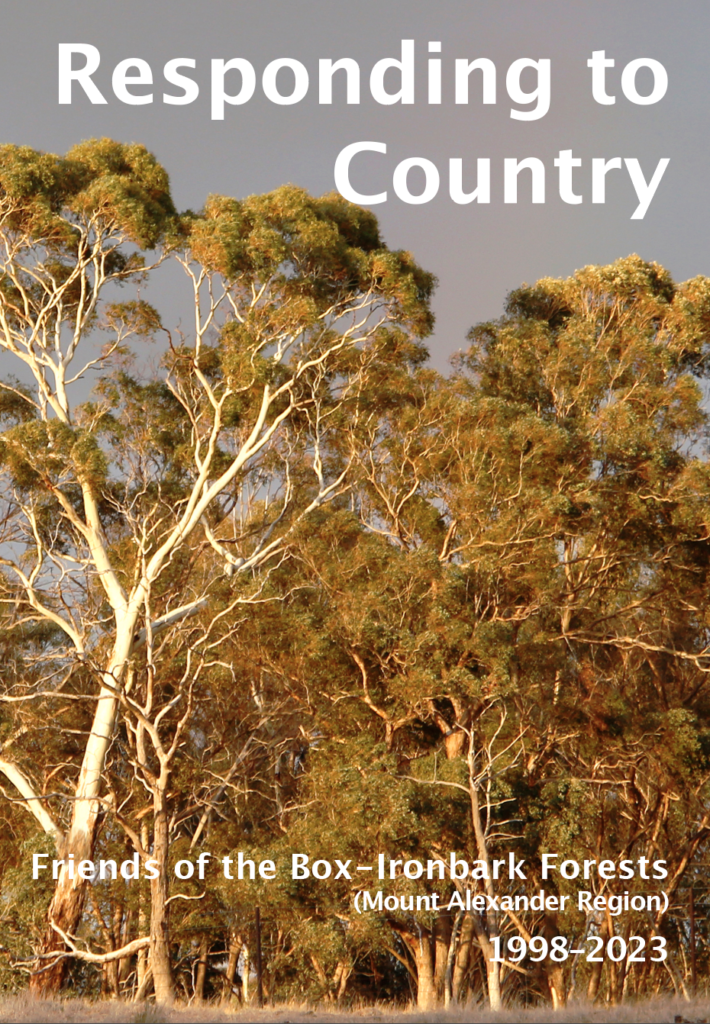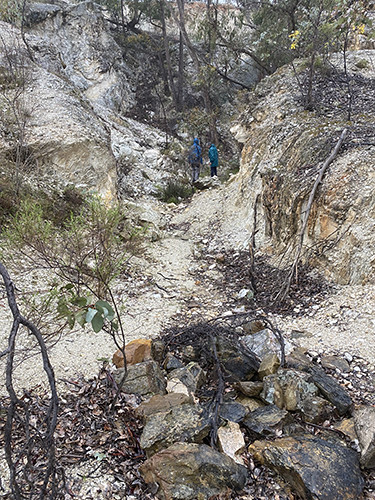We know the land is getting drier—well, most people know. Some politicians and commentators think this is just a passing phase. The rest of us have to deal with it.
On this matter it’s worth quoting some draft findings from the Victorian Government’s Long term water resource assessment.[2019] This process irritatingly divides water use into four categories, including ‘water for human use [ household, industry, farming]’ and ‘water for environmental use [to keep waterways healthy for us and for native flora and fauna]’. News flash: water ‘for environmental use’ is water ‘for human use’. Separating human and environmental priorities creates unproductive conflicts, and is a practice that should be abandoned.
But there’s informative stuff in the draft findings. They’re for southern Victoria, but we find them eerily familiar. Here are some examples:
‘The assessment found that long-term surface water availability across southern Victoria has declined by up to 21 per cent. Current longterm surface water availability is less than when it was last estimated for the sustainable water strategies… The main cause of declines in surface water availability is drier conditions. Upstream interception of water for storage in domestic and stock dams and plantations may also be contributing to the decline in surface water availability in some basins.’…
‘Water availability for consumptive uses (by people, farms and industry) has declined in most of southern Victoria, with percentage decline varying from 1 per cent to 13 per cent. Water availability for the environment has declined in all basins except the Otway Coast. The percentage decline varied from 4 per cent to 28 per cent, mainly due to declines in above-cap water. Above-cap water is water that remains in a river after limits on diversions have been reached, as well as spills from storage and unregulated flows that cannot be kept in storage.’…
‘In most basins, aspects of waterway health most important for people, animals and plants have not been monitored for as long or as frequently as the assessment needed to identify long-term trends.’ [FOBIF emphasis]
Sound familiar? These and similar realities are what the next North Central strategy will have to deal with.



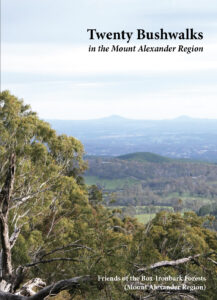
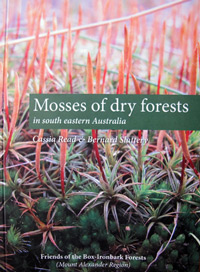 Click on image for info/order page
Click on image for info/order page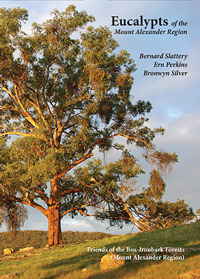 Click on image for info/order page
Click on image for info/order page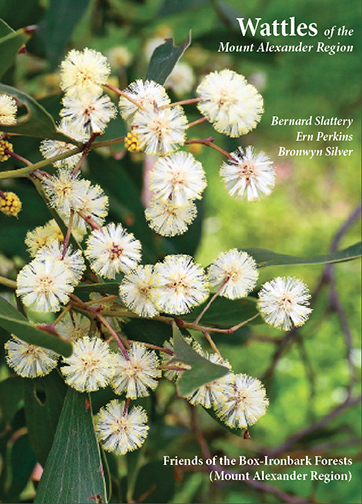 Click on image for info/order page
Click on image for info/order page
